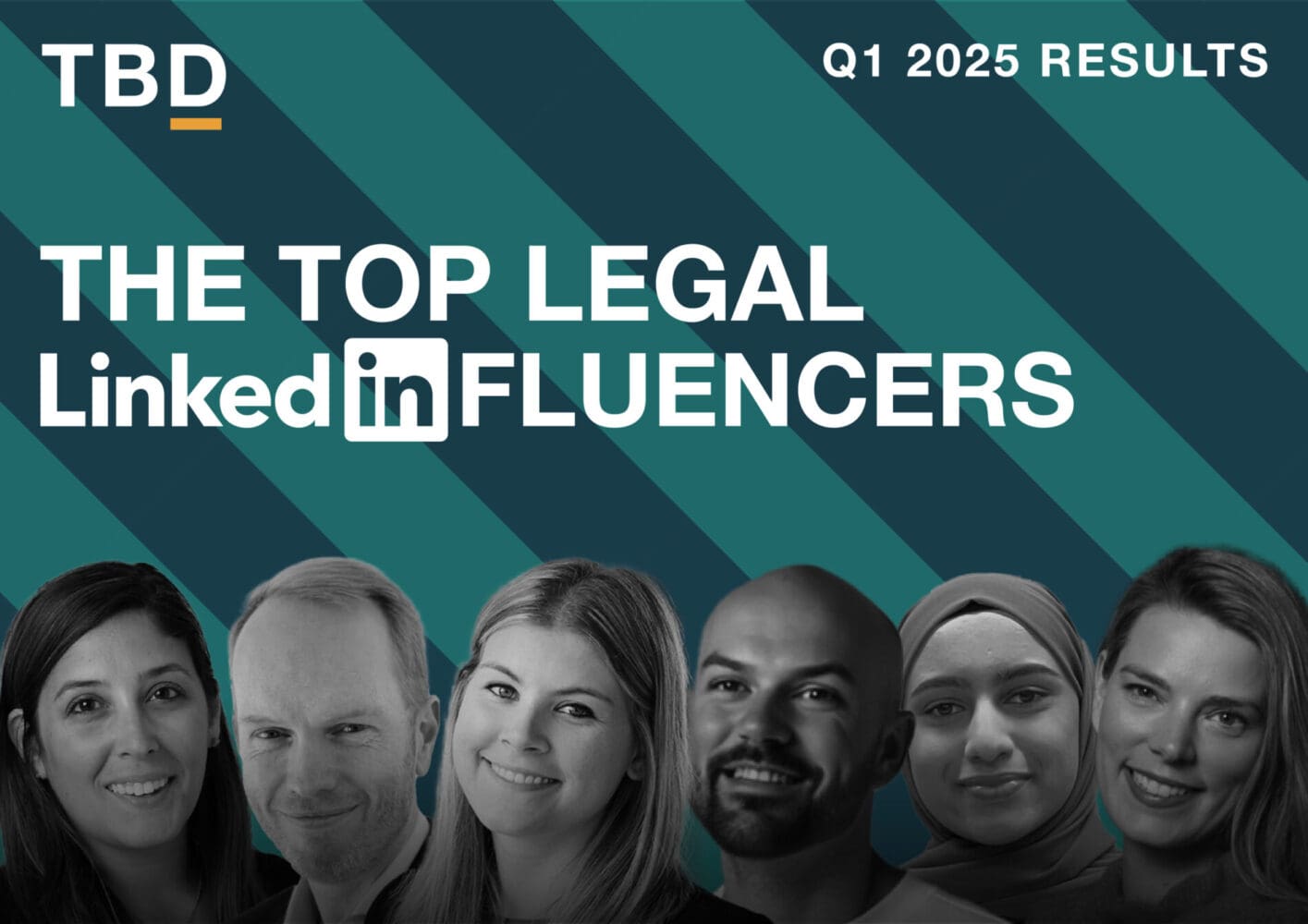A decade or so ago, if you asked any partner in a professional firm what they planned for retirement, they would say, “Coach, non-executive director or golf”.
Now ask a room of partners and they will say, “I don’t think I want a non-exec role, don’t want golf or becoming a coach – and I want to ‘do’ something but can’t work out what.”
Living to the age of 100 is no longer unusual – which means partners could be retired for 30, 40, 50 years. Longer than they worked. While few partners have woken up to this fact, they recognise they don’t want the retirement of their parents’ generation. They have a great deal to offer, but who wants their skills? They don’t want a 24/7 pressured life, but they do want some kind of ‘work’ activity and no idea what.
A number of firms are now helping partners to work out their ‘what’. Why should they and what’s in it for the firm? After all, these partners are about to leave the firm, what is the return on its investment?
Addleshaw Goddard is one of these firms. Mary Peterson, Head of Responsible Business, says the firm helps individuals to develop at every stage of their career – and it should be no different at its end: “We want all leavers to leave on the best possible terms – so investing in people who are in the latter stages of their career is never a wasted investment. We want them to be advocates for the firm and armed with skills to make a success of this next stage.”
The firm uses Next-Up’s Your Future programme, which includes a panel of people who have unretired, including an alumnus of that firm, to share how they each worked out what they wanted to do – and make the point that opportunities will come from each individual’s network. The programme also helps participants understand the emotional impact of retirement, and helps with new skills such as a new identity, using LinkedIn strategically and learning where and how to network without a title or brand behind them.
Mary Peterson adds: “These programmes are quite unusual at the moment. But we are all living longer and doing more interesting things when we leave corporate life – I think they will become the norm. And in due course, the word ‘retirement’ will become outdated!”
She says that partners tend to fall into five categories: those who imagine a traditional retirement, but have not thought through if it’s what they really want; those who have not had time to think about the future at all; those who have ideas but don’t know how to make them happen; those who think opportunities will just come to them – because they have throughout their career; and those who have ideas and start planning before they leave. She adds: “We noticed that partners who are most successful in their next stage – whatever that means for each person – are often the ones who think ahead and start networking in a strategic and proactive way. We want to give this same chance – and time to think and plan – to every partner.”
All the partners who go on the programme say they would recommend it, even if they were sceptical at the start about its benefit.
Paula Dillon, former partner at Womble Bond Dickinson, is clear about the economic benefits to the firm – from both positive and reactive angles: “Partners who cling on can cause enormous collateral damage. It’s bad for morale, clients, teams … and them. They might even claim age discrimination. Any partner who’s worked 30 years will have enormous influence in networks – you want them to be ambassadors for your firm, not detractors.”
Investing in leavers makes sense. Men and women with business and social networks built up over years can either walk out the door forever, or be respectfully guided to the next stage, to the benefit of former colleagues. Also important is clearing a path for new leaders.
What I have seen is that partners try and avoid thinking about the next stage, almost until that cliff edge of leaving. Typically before the workshop, 75% are apprehensive and uncertain; afterwards, this has completely flipped, with around 75% saying they are enthusiastic about their futures.
I remember sitting next to a partner at the dinner of a two-day workshop. He said to me: “I haven’t told anyone I am on this workshop – not even my wife or PA. I am now realising that is ridiculous – if I start talking to the firm, I can plan my succession and start market-testing a few ideas that are now interesting me.” How do you work out the value of that?
Part of the appeal is an ‘In it together’ approach, in contrast to consultancies which traditionally handle tricky departures. Firms such as EY, DLA and Magic Circle are all running these workshops now.
To sum up, the economic benefits to firms are these:
- Partners feel confident to leave rather than ‘hang on’ when, in their hearts, they have had enough
- Being proactive and positive means it is more motivating for them and their teams than everyone trying to have awkward conversations. At best, everyone is more productive in their last years; at worst, the firm avoids costly compromise agreements and poor morale
- New opportunities are opened up for younger professionals
- Very few partners ‘retire’ fully any more. Increasingly, they are mentoring start-ups and tech entrepreneurs, angel investing, taking charity trustee roles and even starting their own businesses. These can all provide opportunities for their old firm – if they left on good terms
Liz Gray, Director, Partner Relations at EY says: “Partners need to visualise what the future holds if they are to have a chance of achieving it. Partners are our best assets. They’re rainmakers, they can offer advice, identify talent, refer services, make connections, help with pitches, market our people. In helping them with their transition from the firm, we are demonstrating what this generation and the profession can offer back to society. We’re also opening the door for next-generation leaders.”
She likens partners to super-heroes used to donning powerful capes, comprising infrastructure, technology, expertise and knowledgeable support teams. “During this major transition, they feel their cape has been taken away. Next-Up is really creating a different cape.”
What can firms do to help partners? I wrote a blog, which outlined a template for firms, three years ago – and think all of this is still valid. The key elements are:
- Run a workshop to help partners to see different futures for themselves and show them a route to achieving these. Partners form a discrete cohort who can help and support each other
- Allow partners to reduce hours in the last few years. I know this is difficult and controversial for many firms, but I honestly believe this is best for both parties, allowing partners to test out a few ideas before fully leaving and starting a good, planned handover of clients
- Use partners to mentor younger members of the firm; and also consider mentoring clients – from start-ups to senior people in large corporates
- Get partners involved in ESG initiatives (zero carbon initiatives; #MeToo; recruiting from wider talent pools and more). This will reinvigorate partners, help them build new networks as they research issues with clients and wider, and add value to the firm
- Coaching for individuals to build a plan – but they need some kind of workshop first to help them see possibilities
- Help with writing their CV and LinkedIn profiles – these are key tools for their next stage and, though difficult for them to do personally, are a huge benefit in support
Perhaps senior partner Charles Penney at Addleshaw Goddard – who was one of the first to go on the firm’s programme – sums up the benefits when he says: “It was a real eye-opener on so many levels. We had a fantastic panel of speakers who gave us ideas and made us realise that you can try a lot of new things without worrying about ‘failure’, and we learned new skills. Much to my surprise, I found the session on LinkedIn extremely valuable!”
 Victoria Tomlinson
Victoria Tomlinson
Chief Executive, Next-Up Limited







